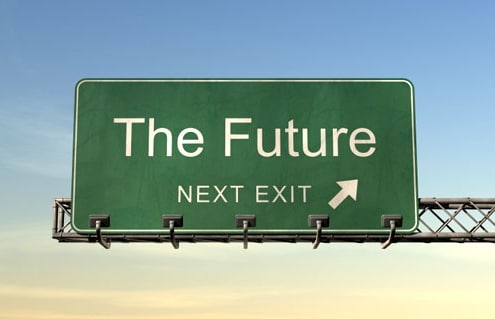Tag Archive for: ethics pays

Featured Collaborator of July/August: David Mayer
BlogInterview with David Mayer, associate professor in the Management and Organizations Area at the Ross School of Business at the University of Michigan
What are your main areas of research?
 I am an organizational scholar who focuses primarily on one fundamental question: When and why do individuals in organizations engage in unethical and prosocial behavior? More specifically, I am interested how the social environment in organizations (e.g., leadership, peers, organizational climate, organizational practices) impacts unethical and prosocial behavior.
I am an organizational scholar who focuses primarily on one fundamental question: When and why do individuals in organizations engage in unethical and prosocial behavior? More specifically, I am interested how the social environment in organizations (e.g., leadership, peers, organizational climate, organizational practices) impacts unethical and prosocial behavior.
I am also fascinated with the question of whether employees and leaders think that business and work are part of the moral domain of social life and I have worked on several papers that demonstrate that at times “business” and “ethics” are inseparable and at times they are, as the truism suggests, an oxymoron.
In contrast to the bulk of work taking a social science lens on ethics, I typically take a positive lens by not focusing solely on identifying pitfalls and biases that lead to unethical behavior, but by understanding how the context at work can improve prosocial behavior, how employees and leaders in organizations can influence others to do good, and when leaders and employees are most likely to act in ways that suggest they consider work to be a moral domain.

Ethics Pays in Business, as in Politics
Blog People often say they want a strong leader more than an ethical leader. David Brooks has a lovely essay in The New York Times demonstrating why this thinking is wrong for political leaders. But the quotes from the article below shows that the argument works just as well for business leaders as it does for politicians.
People often say they want a strong leader more than an ethical leader. David Brooks has a lovely essay in The New York Times demonstrating why this thinking is wrong for political leaders. But the quotes from the article below shows that the argument works just as well for business leaders as it does for politicians.

Rediscovering the Human Purposes of Business, by Mark Goyder
Blog
